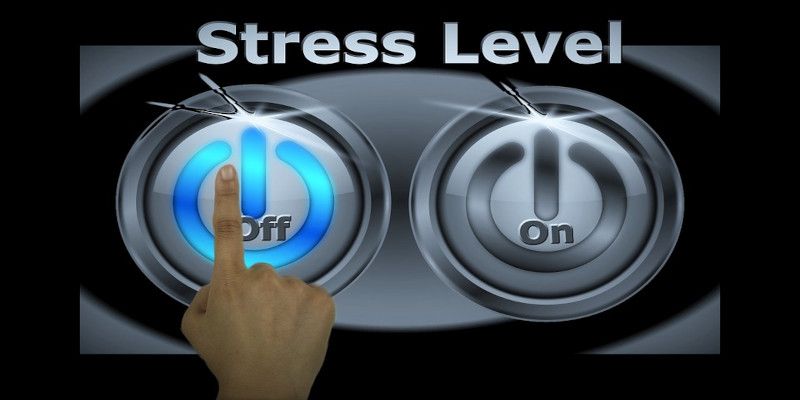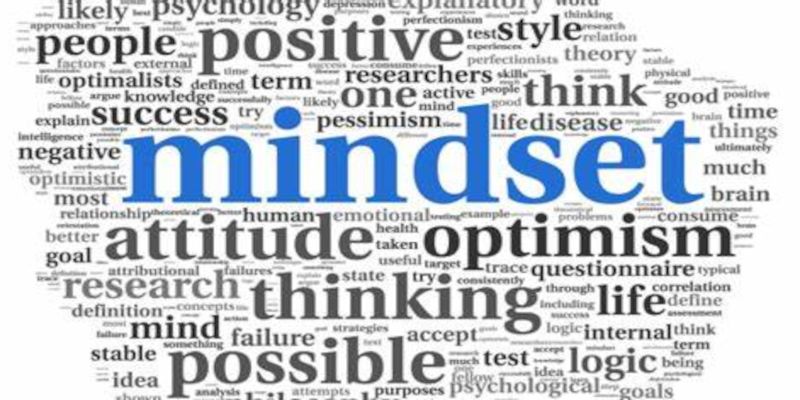Table of Contents
ToggleA lot of people live busy, stressful lives. It certainly doesn’t help that we have little downtime in modern days because we are constantly connected through social media and technology like phones and computers.
We know that chronic stress leads to diseases such as depression, heart issues, and cancer. That’s why I compiled the following list with my 12 best tips to relieve stress and anxiety.

Exercise
One of the most important tips to ease anxiety is exercising.
Exercising is of vital importance for our physical health, but also for our mental health.
Exercising releases endorphins which are our “happiness” hormone and in return, makes us feel good.
Both aerobic and anaerobic exercises are indispensable for our overall health. I would recommend doing resistance training in combination with cardiovascular training to be as healthy as possible while maintaining a holistic vision.
Practice relaxation

Practicing relaxation techniques like yoga, mindfulness, deep breathing exercises, etc. is a great way to reduce mental stress and anxiety. And we know that breathing deeply is critical to wind down.
A lot of people live stressful, busy lives. We often increase the amount of stress we experience ourselves by rushing ourselves from the very moment we get out of bed to go to work until we go home.
Trying to let go of the things we can’t change is one of the top ways to reduce stress and to reduce anxiety and mental fatigue. Trying to worry only about the things you can change is a good rule to live a content life.
Do something you like
Another example of things to do to reduce stress is doing something you enjoy doing.
Doing something you like is a great way to relax and wind down.
In our lives, we regularly need to do things we don’t like to succeed and to survive, even. I would say that doing stuff you don’t enjoy is useful and worth it IF and only if it serves a purpose. Otherwise, it just feels like wasted work that we don’t want to do anyway.
Enjoying time with friends and family, practicing sports, and personal hobbies we enjoy are important to recharge our batteries.
Smile

One of the simplest, practical ways to reduce stress is, simply, smiling.
Smiling has been proven to be good for our mental health. Smiling can instantly put us in a good mood and thus, can positively influence our mental health.
Remember to smile often. Try to put yourself in a position wherein you smile more frequently, like doing things you like and enjoying your time off with friends and family members.
Practice a positive mindset

Practicing a positive mindset is another one of the mind stress relief tips.
Practicing a positive mindset is critical to feel good. And while some people are naturally more inclined towards a positive attitude than others, it can still be learned and improved.
Instead of focusing on the things we don’t have, try to see all the things you do have. Realize that not everyone is as lucky and blessed to be in good health.
Spend time with family and friends
Spending time with family and friends is a great way to relieve mental fatigue and to recharge after a busy day or period in our lives.
Our close friends and family are the ones who give our lives meaning and thus, is important to find our personal goals that make our lives worthwhile living.
Spending time in good company is never time that’s wasted. Make sure to connect to your close ones often. Especially in real life. As making connections on social media is not the same as in the physical world and is not a guarantee of feeling connected to others.
Listen to music

They say music is the portal to the soul, and that might just be right.
Music can frequently portray and express the feelings that we are feeling but can’t say. Music can heavily influence our emotions, having the ability to make us feel sad and lethargic, but also happy and enthusiastic.
Even while feeling sad, listening to certain music styles can make us feel better and even leave us in a good mood. That’s why music should not be underestimated to make us feel better and to relieve stress.
Healthy diet
One of the best healthy lifestyle examples is eating a clean diet.
A healthy diet is of undeniable importance for our physical and mental health.
A lot has been said in recent times about a healthy diet. But avoiding too much sugar, processed food, and soda and limiting portion size goes a long way towards eating healthy and keeping your body weight in check.
A combination of a healthy diet and physical exercise is key to managing body fat and keeping the weight in check.
Improve your sleep

One of the top tips to relieve stress and anxiety that often gets overlooked is improving the amount of sleep and sleep quality one gets.
Improving your sleep schedule can do wonders for your overall sleep quality.
Waking up and going to bed each day at the same time is important to create a good sleep schedule that allows one to sleep well and get the amount of deep sleep one needs.
While the amount of sleep a person requires differs from person to person and is dependent on one’s age, a good 8 hours of sleep is needed to function optimally.
Practice deep breathing
Breathing through your diaphragm is a great way to take deep breaths, which will help to engage the parasympathetic nervous system. The parasympathetic nervous system is responsible for the relaxation of the body and thus, helps to create a tranquil, calm feeling.
Furthermore, breathing deeply through your diaphragm relaxes the muscles which will further help your whole body to relax which will have positive effects on the mind as well.
Mind and body are connected and constantly influencing each other. To be healthy, both need to be balanced and in order. That’s why you need to practice deep breathing exercises to loosen up.
Practice muscle relaxation

Practicing progressive muscle relaxation has been proven to be an effective tool for the body to relax as well as the mind. It is effective at relieving anxiety as well.
It works by tightening/tensing one muscle group at a time, and then by relaxing/releasing the tension of that same muscle group.
By relaxing the body and muscles, the mind will unwind as well.
Cut out stressful things if possible
Possibly the most straightforward and most obvious tip in order to relieve stress and anxiety. But sometimes the simple things are still the best.
Try to cut out the stressful things in your life if possible. People whose only purpose is to stress you out and don’t want the best for you? Cut them out. Stuck at a dead-end job without good, cooperative colleagues? Cut them out of your life if possible, and/or start looking for new job opportunities.
As previously said, doing non-enjoyable, stressful things is only useful and sustainable if they serve a purpose. If there’s a meaning for doing those things.
Conclusion

We’ve learned today that mind and body are connected and are constantly interacting with one another. There are however some simple ways to reduce stress and anxiety.
These tips to reduce tension will hopefully allow you to handle mental stress and fatigue better, and to live a healthier and more content life.
Keep in mind that small changes will compound over time and will allow you to change your life and yourself for the better.
Taking care of our mental health is important. That’s why it’s essential to realize when mental fatigue starts to accumulate and what we need to do to wind down.







4 thoughts on “My 12 best tips to relieve stress and anxiety”
Comments are closed.